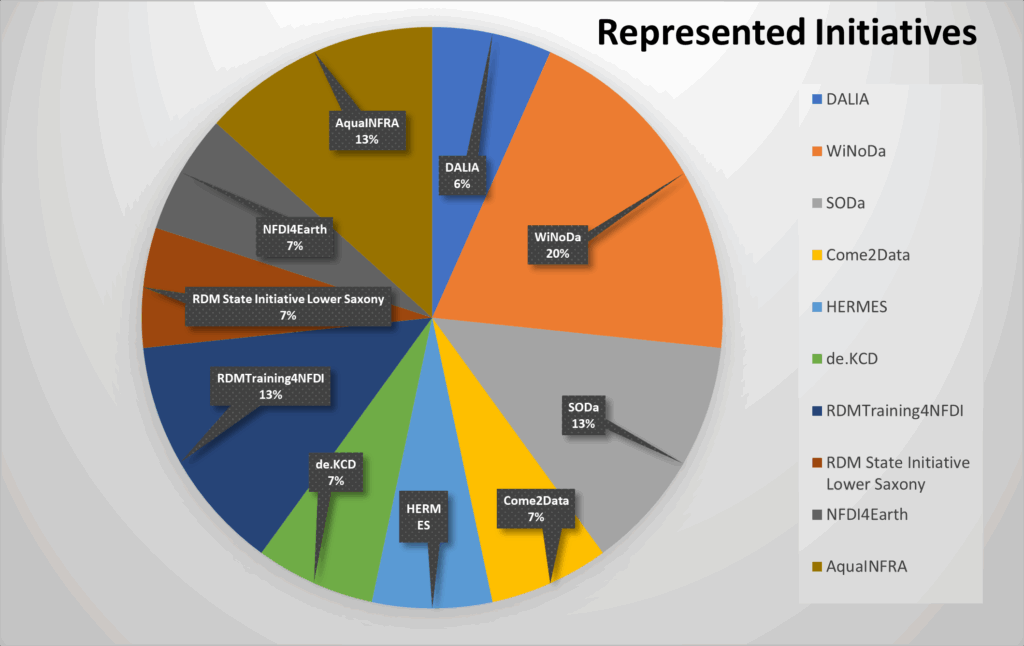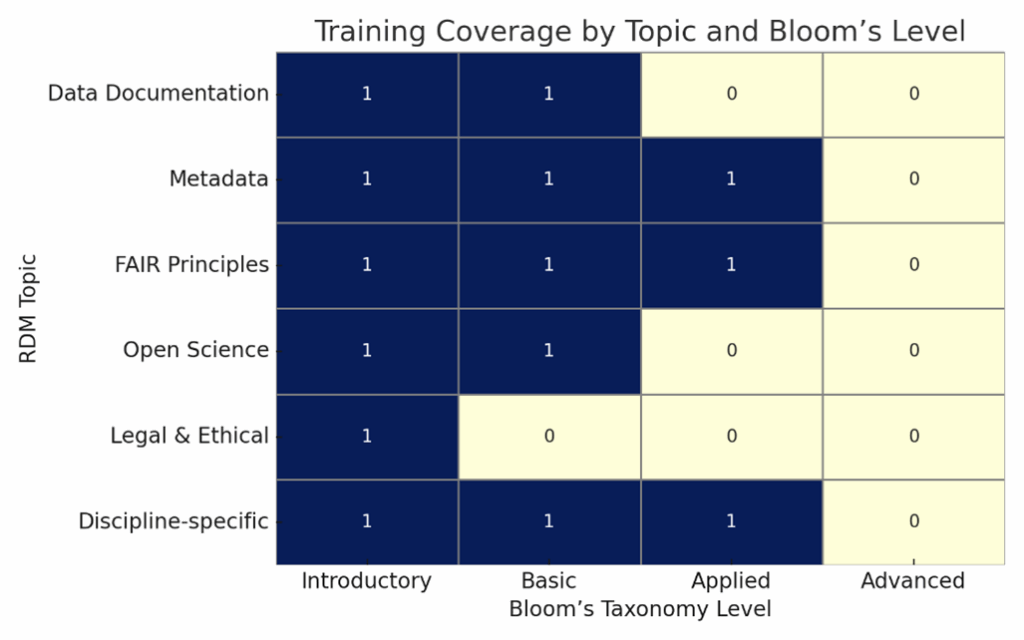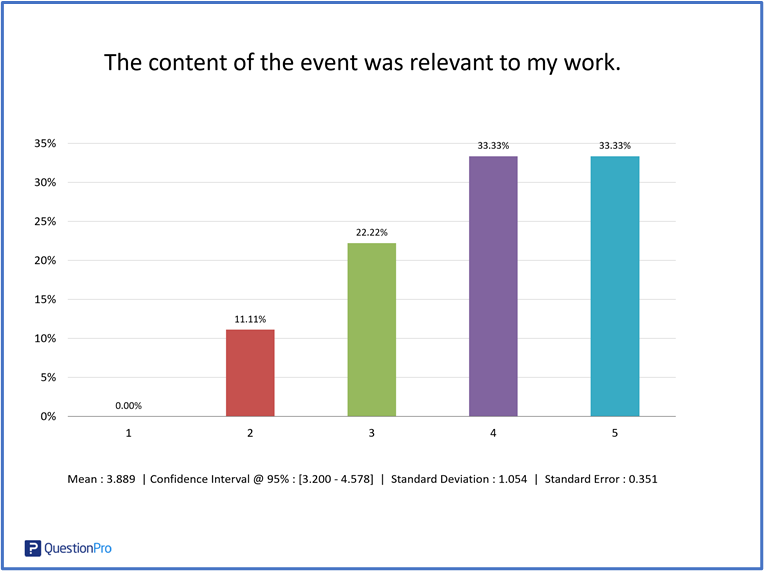June 26, the WiNoDa and DALIA teams hosted a dynamic three‑hour online workshop on “Mapping learning resources and identifying gaps in data competence portfolios.” We brought together participants from data competence centers (DKZs), NFDI consortia (such as DALIA and RDMT), regional RDM projects, and domain experts to share, map, and strategize on how we deliver data competence training across initiatives.

Pre-workshop survey
The pre-workshop survey played a foundational role in shaping both the design and outcomes of the workshop. The survey revealed who was participating (e.g. DKZs, NFDI consortia, RDM initiatives), their roles, and their target training groups, allowing us to tailor content to their realities.
Workshop goals and structure
Our workshop focused on:
- Coordinating existing training initiatives to avoid duplication
- Identifying gaps in content, particularly at advanced and discipline-specific levels
- Co‑developing practical solutions to address those gaps
- Building stronger networks through shared training resources
We structured the session using:
- Introductions and context-setting, including live results from a pre‑workshop survey
- Hands‑on collaborative mapping via a Miro board in breakout groups
- Group presentations, reflection, and agreement on next steps
What We Found

Strong foundation, weak upper levels :Most training materials currently focus on introductory content, defining terms, FAIR basics, but advanced levels like application, analysis, and ethics are largely missing.
Uneven discipline-specific coverage : While general RDM topics are well-supported, domain-specific training is underrepresented. We used Bloom’s taxonomy and topic matrices to visualize these gaps effectively.
Discoverability and coordination of gaps : Many valuable training resources exist (GitHub, Zenodo, ORCA, Twillo), but metadata, indexing, and licensing inconsistencies make it hard to find and reuse them. Participants agreed on the need for a shared metadata schema and central catalogue to support the work done by the DALIA team.
Outcomes and next steps
- Gap analysis framework created on Miro, capturing key training overlaps and gaps.
- Action plans: collaborative content development, metadata standards, and follow-up coordination.
- Positive process feedback, with high appreciation for the content, interactive tools like Miro enabling real-time collaboration.
Some positive feedback from participants:


As Knowledge Manager and Helpdesk Support at WiNoDa, I facilitate access to tools, training, and expert guidance in research data management across disciplines. With a strong background as a data steward, I support researchers in making their data FAIR, well-documented, and sustainably reusable.
https://orcid.org/0000-0001-6048-9272
